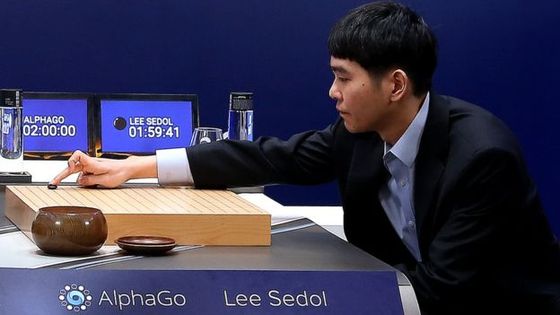China should take active role in robotics
- By Ni Tao
 0 Comment(s)
0 Comment(s) Print
Print E-mail Shanghai Daily, March 21, 2016
E-mail Shanghai Daily, March 21, 2016
|
|
|
Google's DeepMind AlphaGo program beat South Korea's Lee Se-dol in the first of a series of games in Seoul. |
When human wisdom is put to the test against artificial intelligence and found lacking, many interpret the situation in apocalyptic terms.
That's what we've been seeing ever since AlphaGo, a Google-powered computer program, scored a series of victories over South Korean Go master Lee Sedol.
Many a media outlet ran stories under such sensational headlines as "Does the news (of Lee's defeat) signal a coming era of robot dominance over man?" and "What if AlphaGo were used by evil forces against us?"
Amid the latest round of scare mongering, many professional Go players (mostly Chinese, who are perhaps upset that they were not invited to take on AlphaGo themselves) have been debating about where their South Korean counterpart went wrong.
Since I know next to nothing about Go, I'll refrain from kibitzing about Lee's tactics.
My real interest in the recent AlphaGo-Lee face-off lies in its parallels with the similarly astonishing 1996 and 1997 duels between chess master Garry Kasparov and DeepBlue, the chess-playing computer developed by IBM. The duels ended in a face-saving tie as Kasparov chalked up a win and a loss.
Back then, IT experts predicted that it would be at least another century before a computer could beat a human opponent at Go. But, as it turned out, a mere 19 years was enough.
I'm less dumbfounded though at Lee's loss to AlphaGo. The reasons are straightforward: In the last two decades, the data-processing capacity of computers and other elements of AI have improved at a phenomenal speed, whereas human intelligence remains more or less the same.
Many are slow to come to terms with the long, long way AI has come between the Deepblue shock and the AlphaGo moment.
Skeptics of AI often reassure us by repeating the same old rhetoric: that no matter how amazingly "smart" they are, all computer programs are designed by people and thus perform tasks they are programmed to. Machines don't "think" like people. Nor will they deviate from human commands.
Among those casting doubt though on these comforting words is AI guru Martin Ford. As a leading expert on robots, a Silicon Valley entrepreneur and the author of the 2015 book "Rise of the Robots," Ford believes that over the next 10 to 20 years, automation in the form of robots, smart software and machine learning is going to invade all aspects of human life.







Go to Forum >>0 Comment(s)